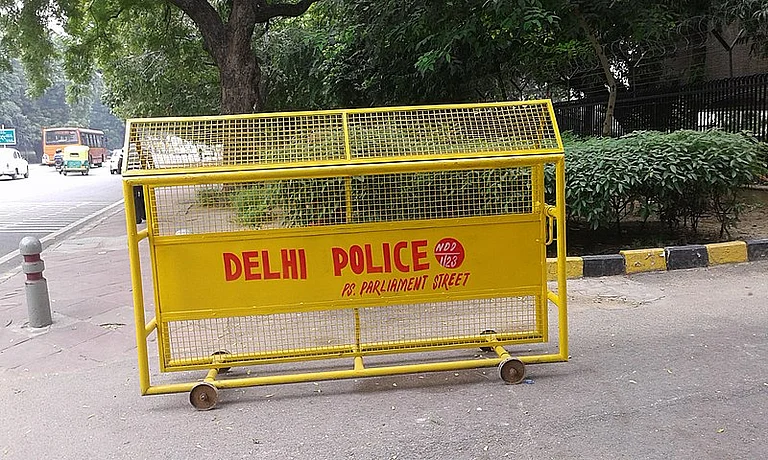Pakistani bowlers have the reputation of rattling opposition batsmen often with ‘reverse swing’. Last week, former fast bowler, Pakistan PM Imran Khan, bowled one such, remarking that he saw better chances of Indo-Pak peace and resolution of the Kashmir issue if Narendra Modi were to return to power. Imran’s comment seems to have not only affected Indian politicians from the ruling party and the Opposition alike, but also generated much speculation among the region’s commentators, especially in Delhi’s political circles, on why the Pakistan PM set the proverbial cat among the pigeons in the midst of electioneering in India.
Speaking to a group of foreign journalists, Imran argued, according to media reports, that if the Congress came to power, it would be “too scared” to strike a deal on Kashmir for fear of being accused of “selling out” to Pakistan. That’s why, he argued, if the “right-wing” BJP was to win the elections and Modi remains the prime minister, then improved Indo-Pak relations and resolution of the Kashmir issue would have a better chance. This was perhaps the Pakistani PM’s assessment of India’s political leaders and the possible future government in Delhi.
In India, the ruling BJP has been keeping Pakistan at the centre stage of public discourse for months before the elections begun. With this in the backdrop, Imran’s remark was bound to bring more talking points into that war of words among political parties.
Known not to speak the language of a typical politician, Imran had done many foot-in-the-mouths in the run-up to Pakistan’s parliamentary elections in 2017, while candidly sharing views on a wide range of issues, including his conservative attitude towards ‘women and motherhood’.
This time, predictably, the strongest response came from opposition parties in India, which are routinely accused by BJP-supporting trolls of “speaking Pakistan’s language” every time they try to criticise the Modi government. “Pakistan has officially allied with Modi. A vote for Modi is a vote for Pakistan,” Congress spokesperson Randeep Singh Surjewala said in a tweet. Former Jammu and Kashmir CMs, Omar Abdullah of the National Conference and his political rival Mehbooba Mufti of the PDP, also vocally criticised Imran’s endorsement of Modi. “Pakistan mein macha shor, Narendra Modi once more,” mocked Delhi CM Arvind Kejriwal of the Aam Aadmi Party in a tweet. Trying to salvage the situation for the ruling party, BJP spokesperson and defence minister Nirmala Sitharaman insisted that Imran’s comment was part of a “Congress ploy” to ensure Modi’s defeat by spreading disinformation with Pakistan’s help.
India and Pakistan have often figured in each other’s parliamentary election campaigns, but barring the 1999 Kargil conflict when elections were held soon after India managed to evict Pakistani intruders from the Kargil hills, Indo-Pak conflict has never been a key issue. Though playing the Pakistan card has so far not benefited any political party in elections, this year is different. The February 14 suicide attack on the CRPF in Pulwama and the subsequent air-strike by the Indian Air Force on Jaish-e-Mohammed facilities inside Pakistan suggest this will be one of the major electoral planks of the BJP. But Imran’s comment endorsing another term for Modi seems to have a hit a jarring note among BJP leaders, who have been putting Pakistan at the centre of their campaign.
A cash-strapped Pakistan, desperate for the IMF and other international agencies to bail it out, might like to put its best foot forward by stressing on its desire for peace with India and resumption of the stalled dialogue between the two sides. But, even with Modi’s return to power, a meaningful engagement can only move forward if the outstanding issues, particularly Pakistan’s penchant for using terror as a foreign policy tool to deal with India, along with the deteriorating situation in Kashmir, are addressed seriously.

























